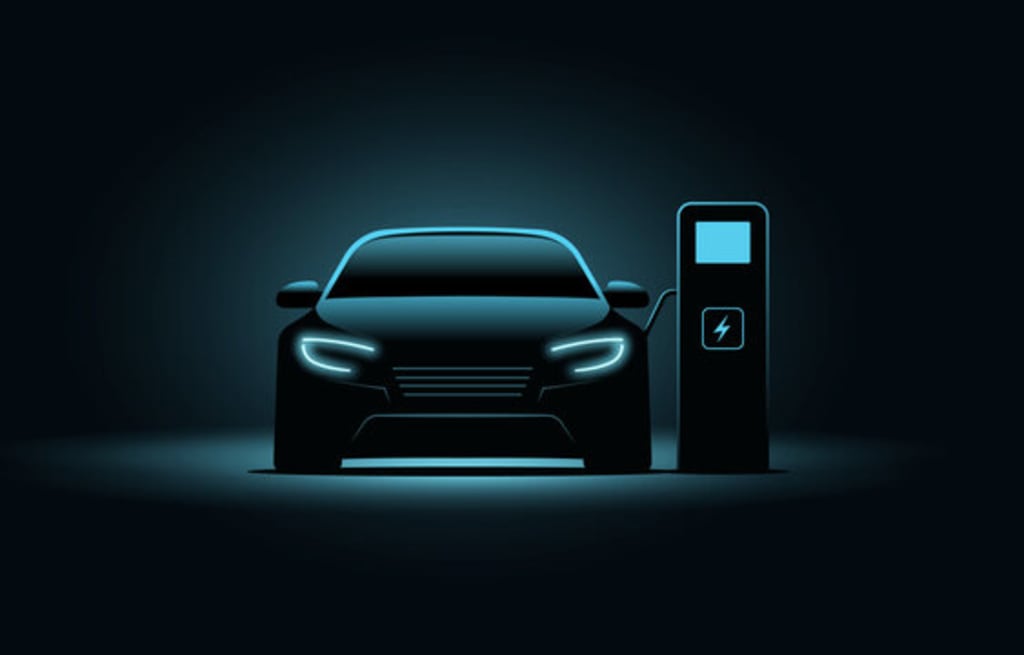
Electric vehicles, also known as EVs, are becoming increasingly popular as a more sustainable and environmentally-friendly alternative to traditional gasoline-powered cars. These vehicles run on electricity and are powered by batteries, which can be charged through various means, including plugging into a standard outlet or using a dedicated charging station.
One of the biggest benefits of EVs is that they produce zero emissions. Traditional gasoline-powered cars release pollutants into the air, contributing to climate change and poor air quality. EVs, on the other hand, do not produce any tailpipe emissions, making them much better for the environment. This is why many governments around the world are encouraging people to switch to electric vehicles by offering tax breaks and other incentives.
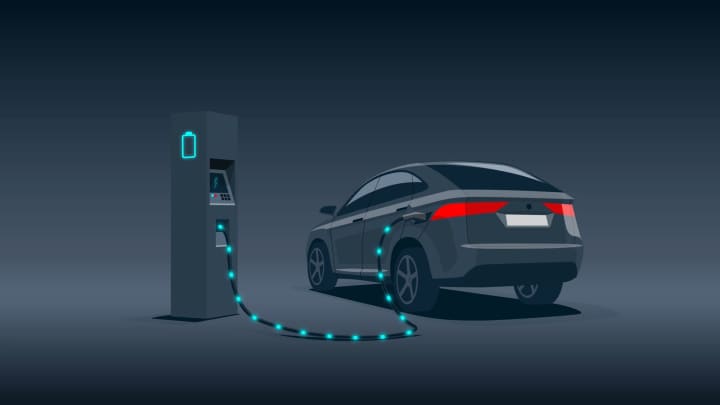
Another advantage of EVs is that they are cheaper to operate than traditional cars. The cost of electricity is typically much lower than the cost of gasoline, so it is less expensive to charge an EV than to fill up a traditional car with gas. Additionally, EVs require less maintenance than gasoline-powered cars, which can lead to significant cost savings over time.
One of the main concerns about EVs is their limited driving range. Unlike traditional cars, which can be filled up with gas and driven for hundreds of miles, EVs have a limited range before needing to be recharged. However, with advancements in battery technology, the range of EVs is increasing, and many new models can now travel over 300 miles on a single charge. Additionally, the number of charging stations is also increasing, making it easier to find a place to recharge your EV while on the road.
Despite these advantages, there are still some challenges that need to be addressed in order to make EVs more widely adopted. One of the main challenges is the high cost of EVs, which is still higher than traditional gasoline-powered cars. However, with economies of scale and advancements in battery technology, the cost of EVs is expected to decrease over time, making them more affordable for more people.
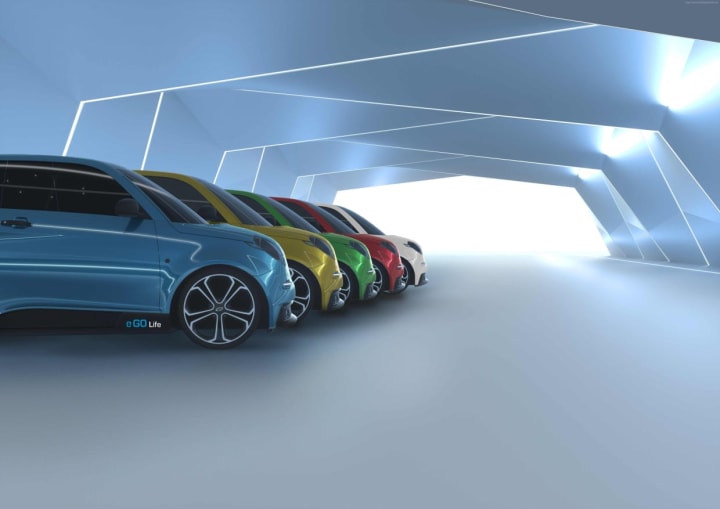
Another important aspect to consider when thinking about electric vehicles is the impact on the electricity grid. As more people switch to EVs, it can put a strain on the grid, particularly during peak usage times. However, with smart charging and other technologies, it is possible to manage this demand and avoid any negative impacts on the grid.
Smart charging allows EV owners to schedule their charging times for when electricity demand is low, such as overnight, which can help to avoid any strain on the grid. Additionally, some EV charging stations are equipped with bi-directional charging technology, which allows the EV to feed electricity back into the grid when it is not in use. This can help to balance the electricity demand and reduce the strain on the grid.
Another important aspect of EVs is their potential to reduce dependence on fossil fuels. The majority of the electricity generated in many countries is still generated from fossil fuels such as coal, oil, and natural gas. However, with the increasing adoption of renewable energy sources such as solar and wind power, it is becoming possible to charge EVs with clean, renewable energy. This can help to reduce the environmental impact of EVs and promote a cleaner and more sustainable energy system.
Finally, it's worth mentioning that the EV market is becoming increasingly competitive. Not only traditional automakers but also new players such as Tesla, Rivian, Lucid Motors, Fisker Inc and many more are entering the market with new models and features. This competition is driving innovation and pushing prices down, making EVs more accessible to more people.
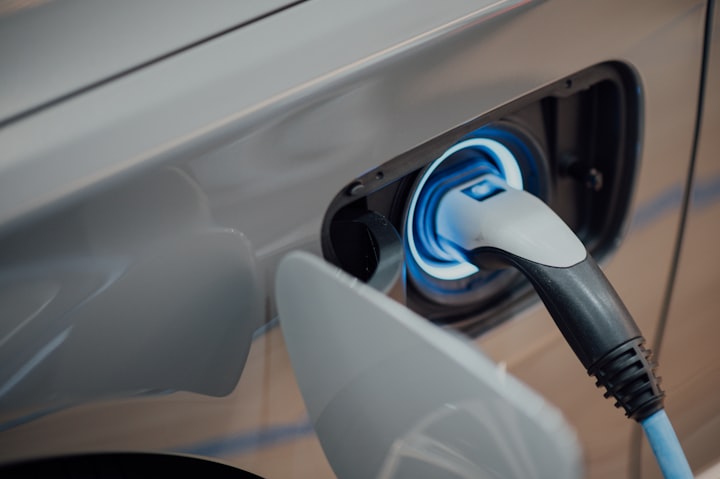
In conclusion, Electric vehicles are a more sustainable and environmentally-friendly alternative to traditional gasoline-powered cars. They produce zero emissions, are cheaper to operate, and require less maintenance. While there are still some challenges to be addressed, such as high cost, advancements in technology are making EVs more accessible to the public. With the increasing number of charging stations and range of electric vehicles, it is an exciting time to consider purchasing an electric vehicle as an individual or even as a fleet for your business.
About the Creator
Cosmoclub
Science writer with a passion for exploring the natural world, from the tiniest microorganisms to the vast expanse of space. Fascinated by pets, nature, and the mysteries of the universe.


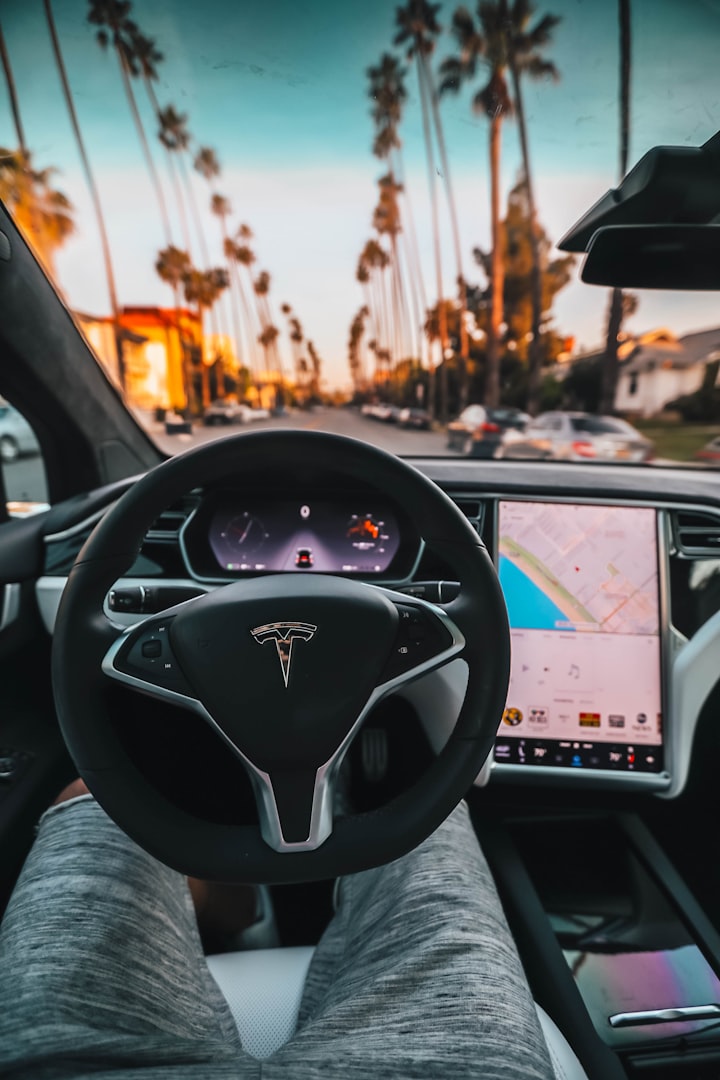
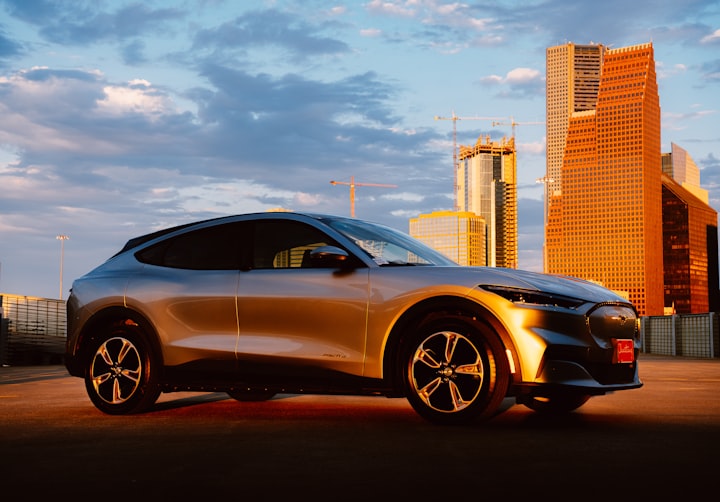


Comments
There are no comments for this story
Be the first to respond and start the conversation.